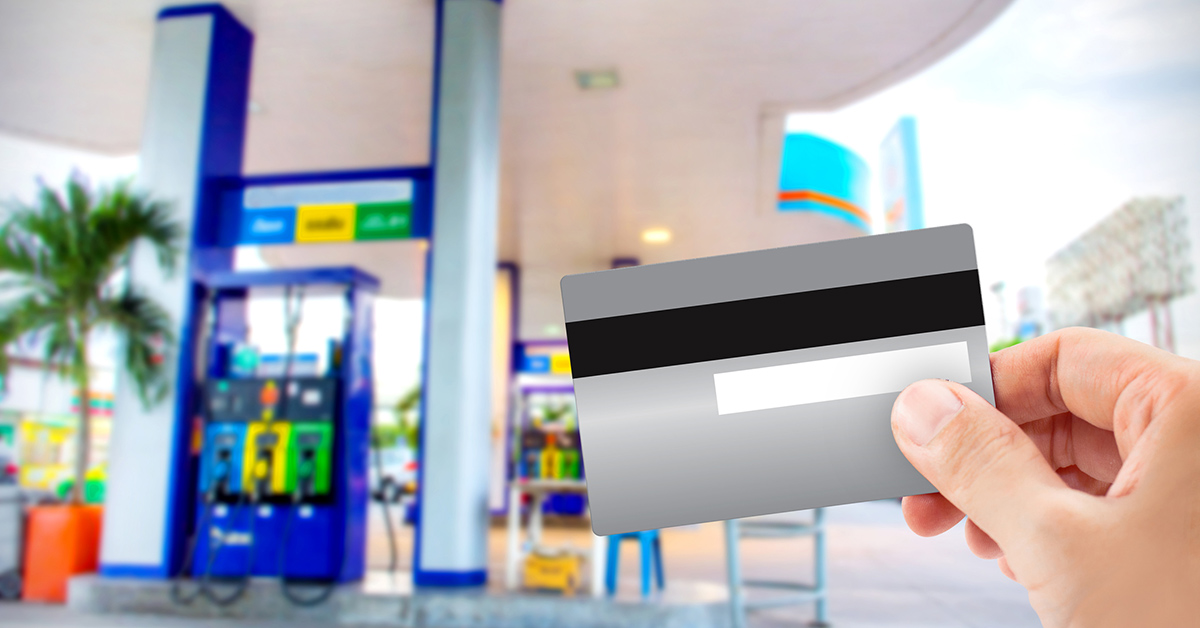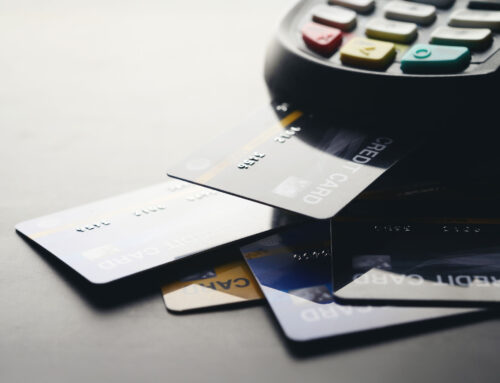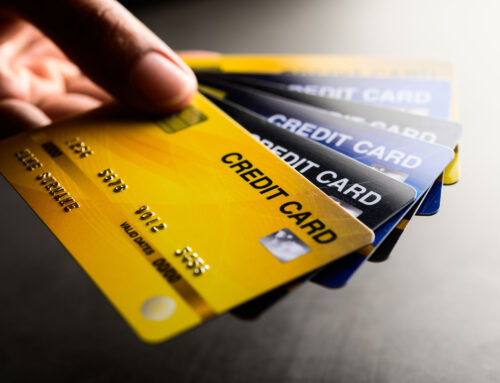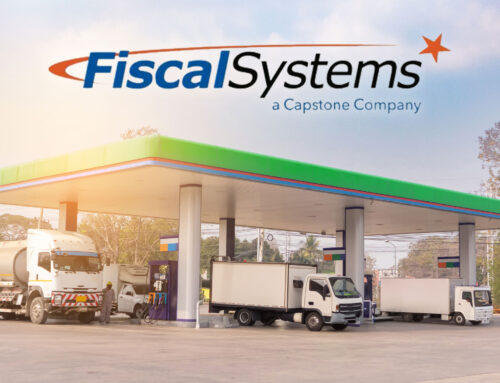Most people with a job have the option of carrying two types of payment cards: a debit card and a credit card.
While they may look the same, consumers who use the cards and the merchants that accept them should understand how the cards are different.
Both types of cards are issued by a bank or an issuer in the name of a card brand, primarily Visa or MasterCard. Customers can use either type of card at most modern payment terminals, from gas stations to vending machines to retail stores. The difference lies in where the money comes from to pay for the transaction.
With a debit card, you are spending your own money. The debit card is linked to your bank account, so when you swipe or dip the card, the payment is debited from your account and paid to the merchant. You don’t receive a bill from your debit card. You can also use your debit card to withdraw cash from your account at an ATM.
With a credit card, you’re spending the bank’s money. Each time you use the card, you’re taking a loan from the bank or issuer. You pay it back, with interest, through the monthly bill.
In either case, the merchant pays fees for each transaction. There are typically minimum fees regardless of the size of the purchase. That’s why you’ll see a sign that says something like “No credit card purchases under $10.” If the transaction is too small, the merchant winds up practically losing money.
Fees that merchants pay to process cards will vary. Debit cards typically have lower fees than credit cards. Credit cards that offer rewards points usually have higher fees than a standard credit card. Card not present transactions for online or phone ordering have higher fees as well.
Consumers use the cards for different reasons. Using a debit card can keep you out of debt because it’s tied to your bank account. A credit card allows you to spend more money than you have for things like emergency car repairs or a vacation. But you can rack up high interest charges if you don’t pay off the balance quickly.
For debit card transactions for things like hotel rooms, gas and car rentals, the bank may temporarily put a hold on a certain amount of money in your account. If you don’t have enough money to cover the hold and your next purchases, you may overdraft the account and have to pay fees. On a credit card, the hold charges are paid and then reversed without impacting your balance. That’s why it’s a good idea to use a credit card for travel.
Credit cards are a good option for purchasing online or wherever you think there’s a risk of fraud. With a credit card, you’re liable for only $50 of fraud charges if you report the theft. Often the bank will wipe them out completely. With a debit card, if you report a card lost or stolen within two days, your liability is limited to $50. If you report after 60 days have passed, you may be on the hook for $500. After 60 days, there’s no protection. Because your credit card is not tied to your bank account like the debit card, there’s less risk to your financial health if it’s lost or stolen.
If you’d like to find out more about accepting credit and debit cards with competitive fees, contact FFS today.






